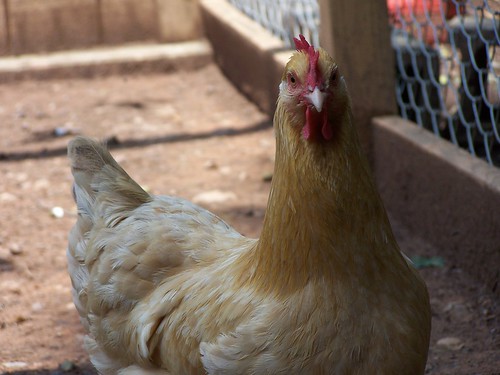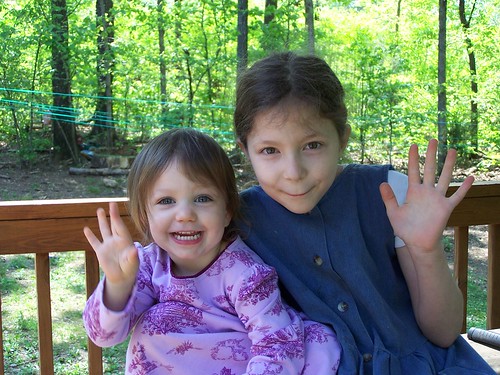My children love to read. Every one of them will pick up a book, or in the case of Little Napoleon, an arsenal of books, and read during any free moment (even moments when they aren't supposed to be free). They come by this trait honestly, as Mom & Dad also have a healthy appetite for books, and the children have been read to since they could breathe.
Reading books is a good thing. If I had to choose between my children loving to read or detesting the practice, there would be no contest. It makes every part of educating them easier, even if it means you have to first censor every printed material that reaches your home.
However, I have recently discovered that there can indeed be too much of a good thing. I have had my eldest, The Literary Lady, tested by a Pediatric Occupational Therapist , a board certified vision therapist, and an optometrist to discover what exactly was happening with her vision. She would often complain that she couldn't see "straight"-that the letters would move around on her, or that she could not focus on the words she was reading. Her letters and numbers were frequently backward, and she grew to hate writing of any kind.
What we discovered was a condition that was far easier to treat than I had hoped. My Literary Lady was struggling because of a condition called accommodative fatigue, which is caused by simply reading too much. During childhood, a person's eyes are not strong enough handle the stress of shifting from reading fine print close up, to writing, or reading at a distance. The eyes get tired, and just can't focus clearly. The solution: cut back on the reading.
After a mere two weeks of restricting the amount that she has been allowed to read books, (with tons of explanation, of course), she is drastically improved! She is back to enjoying writing, and doesn't have headaches or blurred vision.
All things in moderation, right?
Well, except that I am shopping for a nice large print Bible for her, because of all things, I will not restrict her reading that.










